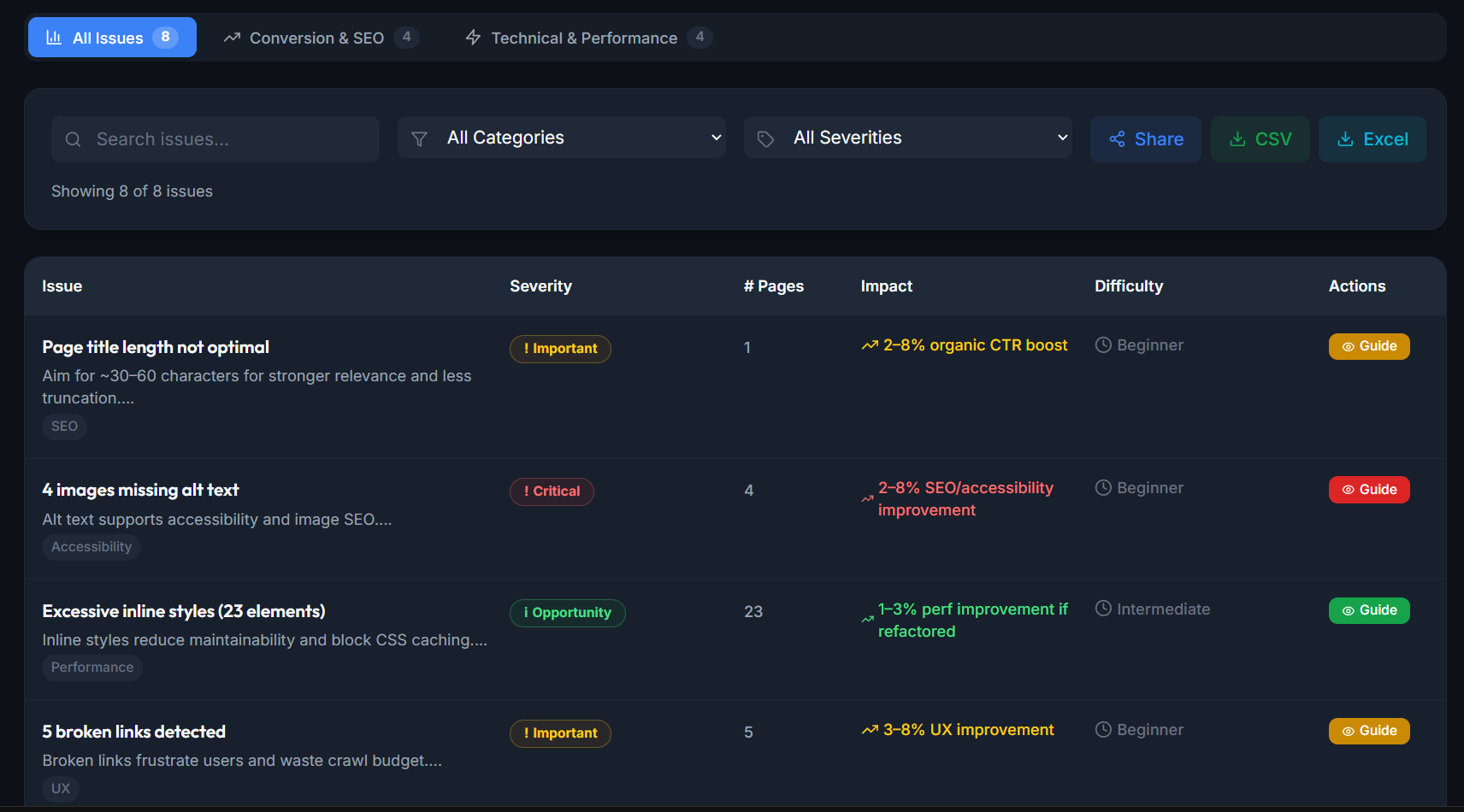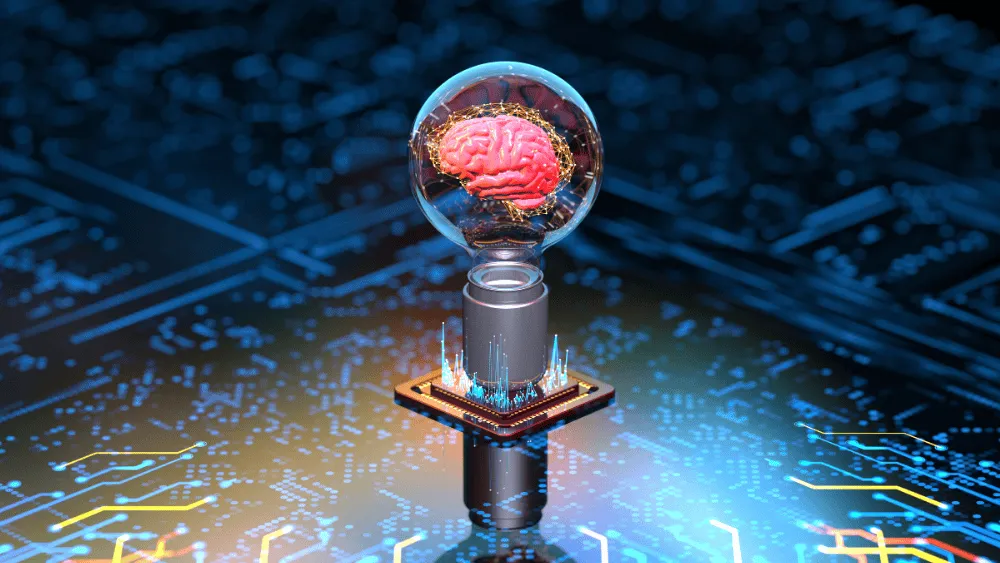Quantum Computer has the potential to solve complex problems exponentially faster, from simulating molecular interactions for drug discovery to optimising logistics.
What is Quantum Computing?
One of the most exciting technological developments of our time is quantum computing, which has the power to fundamentally alter how we tackle challenging issues.
Unlike classical computers that process data sequentially using bits 0 or 1, quantum computers use qubits that can exist in multiple states simultaneously due to superposition.
Principles of Quantum Computer
- Quantum computing aims to solve problems that traditional computers cannot address
- It has the potential to transform processing speed
- Enhance artificial intelligence, cybersecurity, medicine, finance and computer infrastructure - ultimately leading to better lives
However, several obstacles must be overcome before quantum technology becomes widely adopted, particularly in quantum systems and hardware development.
Key Advantages of Quantum Computing
The potential of quantum computing is endless, as it promises to revolutionize various fields by performing complex calculations at unprecedented speeds, especially using quantum computers.
⚙️ 1. Amazing Processing Power
Quantum computers can complete complex calculations in seconds that would take classical computers thousands or even millions of years.
- Exponential Speed: Quickly resolves complex scientific issues such as logistics optimization and physics experiments.
- Simulation Capabilities: Enables accurate simulations of materials, molecules, and chemical reactions.
- Real-World Example: Google's Sycamore quantum processor completed a calculation in 200 seconds that would have taken the fastest classical computing system 10,000 years.
- Industry Impact: In 2023, scientists employed quantum algorithms to simulate chemical reactions, potentially transforming materials science and drug development, showcasing the main advantages of quantum computing.
-------------------------------------------------------
🧩 2. Solving Challenging Problems Outside of Classical Models
Real-world problems often involve large datasets and complex calculations that conventional computers struggle to handle, but quantum computing can help address these challenges. Quantum computing enhances predictive modelling and problem-solving capabilities.
- Unmatched Data Processing: Effectively manages big datasets.
- Enhanced Forecasting: Improves climate modelling, financial forecasting, and weather prediction by leveraging the computational power of quantum computing.
- Real-World Example: Volkswagen optimizes traffic flow in cities like Beijing using quantum computing to reduce emissions and congestion.
- Industry Impact: Faster problem-solving techniques help industries save time, reduce expenses, and enhance decision-making.
-------------------------------------------------------
🌐 3. Breakthroughs in Drug Discovery and Healthcare
Quantum computing is transforming drug development and medical research, leading to faster discoveries and improved treatments.
- Accelerated Drug Discovery: Models molecular interactions to develop new medications.
- Personalized Medicine: Enables the creation of individualized treatment programs using quantum algorithms.
- Medical Research Impact: Shows great promise for studying complex diseases like cancer and Alzheimer's.
- Industry Example: In 2021, Google and Roche partnered to employ quantum technology in drug discovery, potentially expediting treatments for neurological disorders.
-------------------------------------------------------
👁️ 4. Increasing the Speed of Artificial Intelligence & Machine Learning
Quantum computing can significantly enhance AI capabilities by processing large datasets and identifying patterns more quickly than traditional computers.
- Faster AI Training: Reduces model building time.
- Better Pattern Recognition: Enhances automation, image processing, and speech recognition.
- Improved Decision-Making: Supports AI applications in cybersecurity, healthcare, and finance.
- Industry Application: IBM is integrating quantum systems into AI research to improve recommendation engines like those used by YouTube and Netflix, illustrating how quantum computers can solve complex problems faster than their classical counterparts.
-------------------------------------------------------
📈 5. A Revolution in Financial Modeling and Risk Analysis
Financial organizations rely on data-driven decisions and complex modelling. Quantum computing could transform investment strategies and fraud detection.
- Optimized Investment Strategies: Enhances market forecasting and risk assessments.
- Fraud Prevention: Improves detection of suspicious transactions through advanced algorithms powered by quantum computing systems.
- Benefits: Smarter trading algorithms, improved risk management, and financial modelling.
- Industry Example: JPMorgan Chase is developing quantum algorithms for fraud detection and portfolio optimization to enhance banking security and efficiency.
-------------------------------------------------------
🎯 6. Cutting-edge Encryption and Unbreakable Security
Quantum computing can revolutionize cybersecurity by enabling unbreakable encryption, though it also introduces new security challenges.
- Quantum Encryption: Creates virtually impenetrable communication networks.
- Security Challenges: This may compromise current encryption methods, requiring new cybersecurity approaches.
- Global Adoption: China and other nations are leading quantum-secured communications development.
- Real-World Example: China has successfully demonstrated quantum-encrypted satellite communications, paving the way for a quantum-secured global internet.
-------------------------------------------------------
🤝 7. Progressing Environmental and Climate Research
Quantum computing provides better tools for addressing climate change and optimizing renewable energy.
- Climate Modeling: Improves weather and climate change predictions by harnessing the unique properties of quantum mechanics.
- Energy Optimization: Enhances the efficiency and storage capacity of renewable energy sources.
- Environmental Solutions: Supports the development of sustainable materials and carbon capture technology.
- Research Initiative: NASA is exploring quantum computing applications in climate research and carbon reduction.
Advantages and Disadvantages of Quantum Computing
As with any groundbreaking technology, quantum computing comes with its own set of advantages and disadvantages that need to be carefully considered.
Advantages of Quantum Computers:
✅ Unmatched Speed & Efficiency: Surpasses traditional computers in processing complex calculations at an exponential rate.
✅ Industry Transformation: Revolutionizing healthcare, finance, artificial intelligence, and cybersecurity.
✅ Groundbreaking Scientific Findings: Opening new avenues for materials science, chemistry, and physics.
-------------------------------------------------------
Disadvantages of Quantum Computers:
❌ Cost and Complexity: Requires extreme conditions like temperatures near absolute zero.
❌ Limited Current Applications: Still needs hardware advancements and improved stability.
❌ Security Risks: Could compromise modern encryption, necessitating rapid development of quantum-resistant security measures.
The Future of Quantum Computing
Both governments and corporations are making significant strides in the global race for quantum supremacy. IBM, Google, and Microsoft compete to develop powerful quantum systems, while China leads in quantum communications.
Major challenges remain, including error correction, hardware stability, and scalable software development. Some experts predict useful quantum applications within the next decade, while others believe it will take longer.
Tech Firms Leading Quantum Computing Development
- IBM: Creating massive quantum hardware and cloud-based quantum solutions.
- Google: Achieved quantum advantage and researched error-corrected quantum systems.
- Microsoft: Investing in topological qubits to improve quantum stability.
- Amazon: Providing quantum technology services through AWS cloud.
- Intel: Developing scalable production of silicon-based quantum processors.
-------------------------------------------------------
Nations Investing Heavily in Quantum Computing
- United States: Leading in corporate investment and research.
- China: Advancing quantum computing and communication technology, which will increase computational power across various industries.
- European Union: Investing in quantum projects through the Quantum Flagship program.
- Canada: Becoming a hub for quantum startups like Xanadu and D-Wave.
- Japan: Focusing on quantum applications in medicine and materials science.
Fundamentals of Quantum Computing
Quantum computing is an innovative and rapidly evolving field that leverages the principles of quantum mechanics to process information in fundamentally different ways than classical computers.
🔥 Bits vs. Qubits
- Bit: The simplest unit of information in classical computing, existing as either 0 or 1.
- Qubit: The quantum equivalent of a bit "quantum bits", but with a crucial difference, it can simultaneously represent 0, 1, or any quantum superposition of these states.
Think of a qubit as a spinning coin in midair. While spinning, it can simultaneously be both heads and tails, unlike a classical bit which must be either heads (1) or tails (0) when landed.
-------------------------------------------------------
🔥 Quantum Annealing
Imagine trying to find the most efficient route for a multi-stop road trip. A classical computer would examine each potential path individually to determine the shortest route.
A quantum computer, through quantum annealing, can explore all possible paths simultaneously to quickly identify the most efficient one.
-------------------------------------------------------
🔥 Quantum Circuits
Quantum circuits instruct quantum computers, similar to how classical computers use logic gates (AND, OR, NOT).
Quantum gates manipulate qubits, enabling them to use superposition and entanglement - dramatically increasing quantum computers' capability to tackle complex problems.
-------------------------------------------------------
🔥 Quantum Entanglement
Imagine you and a friend each having a special die. When you roll your die, your friend's die will always show the same result, regardless of distance - even if one of you is on Mars.
This mysterious connection is quantum entanglement. In quantum computing, entanglement enables instantaneous communication between qubits, accelerating computations and facilitating highly secure encryption.
-------------------------------------------------------
🔥 Quantum Mechanics
Quantum mechanics explains the strange behaviours of tiny particles like electrons and photons. It enables concepts like superposition and entanglement, which form the foundation of quantum computing.
Just as classical physics explains how cars and airplanes work, quantum physics explains the behaviour of the universe's smallest building blocks.
Conclusion - Quantum Benefits
Quantum computing holds enormous potential to transform industries in ways we're only beginning to comprehend. These systems can represent complex quantum states and leverage quantum mechanical phenomena to solve previously unsolvable problems, thanks to the unique properties of quantum particles.
This computational paradigm shift offers pathways to optimal solutions for problems in medicine, materials science, cryptography, and artificial intelligence. Although many challenges remain, quantum computing is developing rapidly, and its impact will be profound.
Whether it takes five, ten, or twenty years, one thing is certain: quantum computing will be the next major technological breakthrough including quantum computing hardware & quantum data.
Quantum Technology Questions
What is the primary goal of quantum computing?
Quantum computing aims to solve complex problems beyond the capabilities of traditional computers. It excels in fields like optimization, cryptography, artificial intelligence, and material science by leveraging quantum mechanics principles to perform calculations more quickly and efficiently, showcasing the main advantages of quantum computing.
Who will benefit most from quantum computing?
Finance, healthcare, cybersecurity, AI, and logistics will see the greatest benefits. Governments, tech companies, and researchers are also investing in quantum systems to promote scientific advancements and innovation.
Does OpenAI use quantum computing?
OpenAI doesn't currently employ quantum computing, though it closely monitors developments in quantum technology. In the future, AI and quantum computing might combine to create even more powerful machine-learning models.
What advantages does quantum computing offer for cybersecurity?
Quantum computing enhances cybersecurity through virtually impenetrable quantum encryption. However, it also poses a risk by potentially breaking conventional encryption methods, forcing organizations to develop quantum-resistant cryptography, as quantum computing has the potential to revolutionize security measures.
How will quantum computing affect Bitcoin?
Quantum computing could compromise Bitcoin's cryptographic security by breaking its encryption, putting wallets and transactions at risk. To counter this, developers are creating quantum-safe blockchain solutions.








